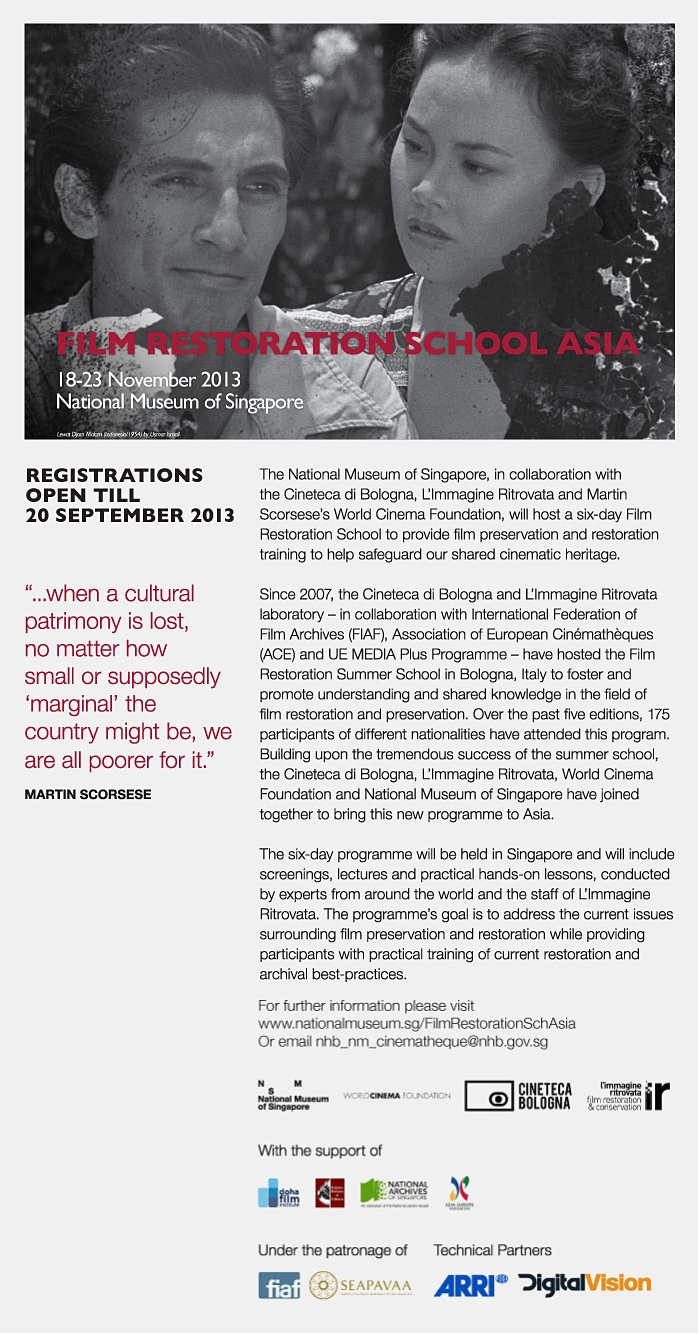
FOCAL International Awards 2014 in association with AP Archive.
Last chance to be honoured in the leading set of awards for the global footage business showcasing the use of library footage by producers, plus, the contribution made to the production industry by archivists, film libraries, researchers and technicians, as well as the work done to restore and preserve these irreplaceable assets.
For full details of the 18 award categories and the submissions entry form go to www.focalint.org/focal-international-awards.
The Award categories are as follows:
- Best Use of Footage in a History Production
- Best Use of Footage in a Current Affairs Production
- Best Use of Footage in a Factual Production
- Best Use of Footage in an Entertainment
- Best Use of Footage in an Arts Production
- Best Use of Music Performance Footage
- Best Use of Sports Footage
- Best Use of Footage in an Advert or Short Production
- Best Use of Wildlife and Natural History Footage
- Best Use of Footage on Digital or Non-television Platforms
- Best Use of Footage in a Home Entertainment Release
- Best Use of Footage in a Cinema Release
- Best Archive Restoration / Preservation Project
- Best Archive Restoration / Preservation Title
- The Jane Mercer Footage Researcher of the Year Award
- Footage Employee of the Year
- Footage Library of the Year
- Lifetime Achievement
JULIE LEWIS
General Manager
The Federation of Commercial Audiovisual Libraries
79 College Road, Harrow HA1 1BD, Middlesex, UK
mobile: +44 (0)795 779 5843
office: +44 (0)20 3178 3535
info@focalint.org
Visit www.focalint.org
Call for submissions Oct – Dec 2013: http://www.focalint.org/focal-international-awards

 Audiovisual and Multimedia Section
Audiovisual and Multimedia Section